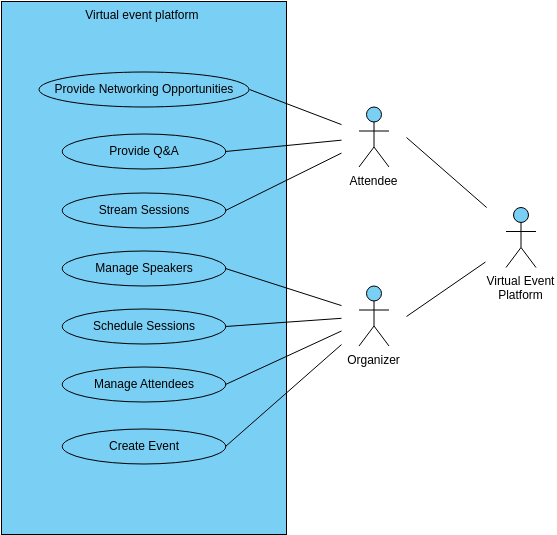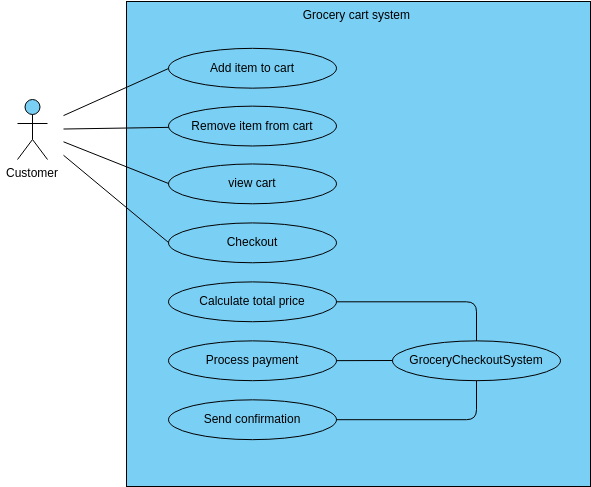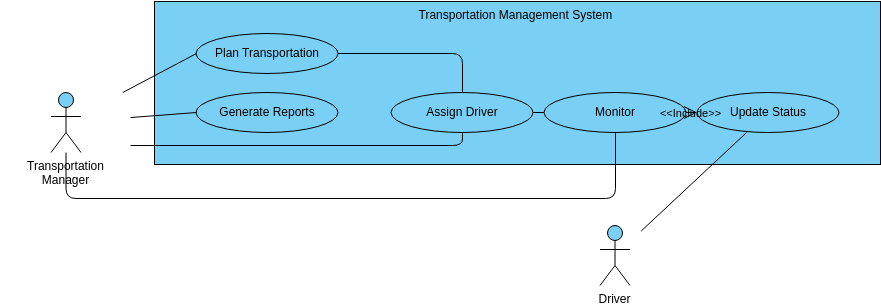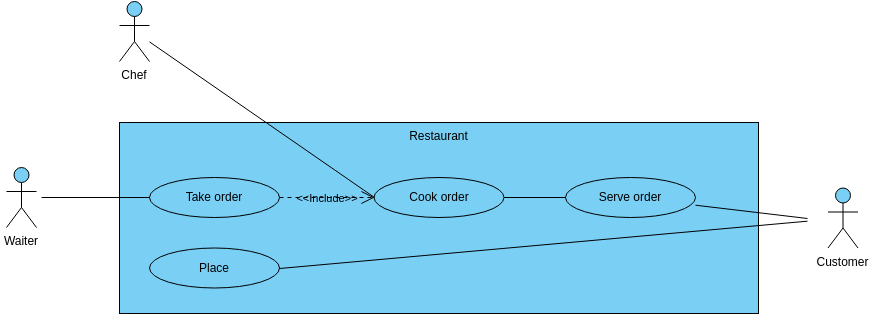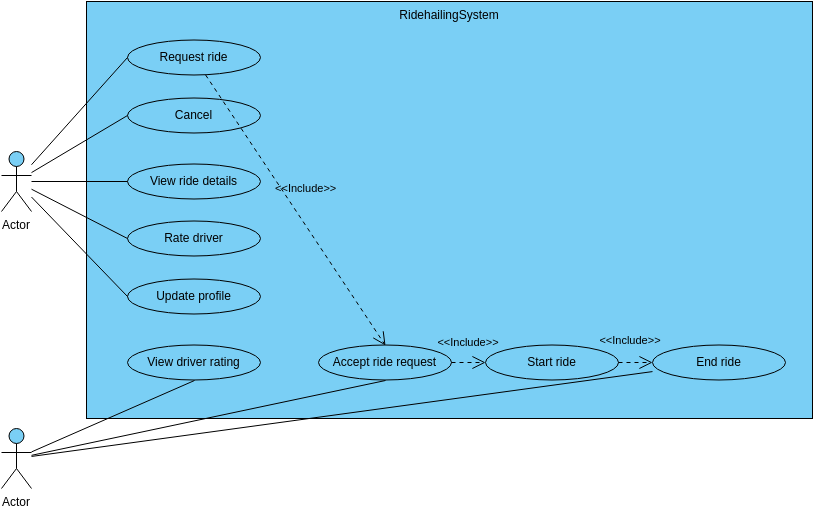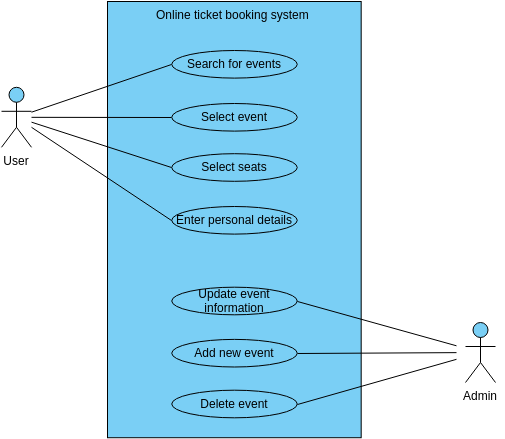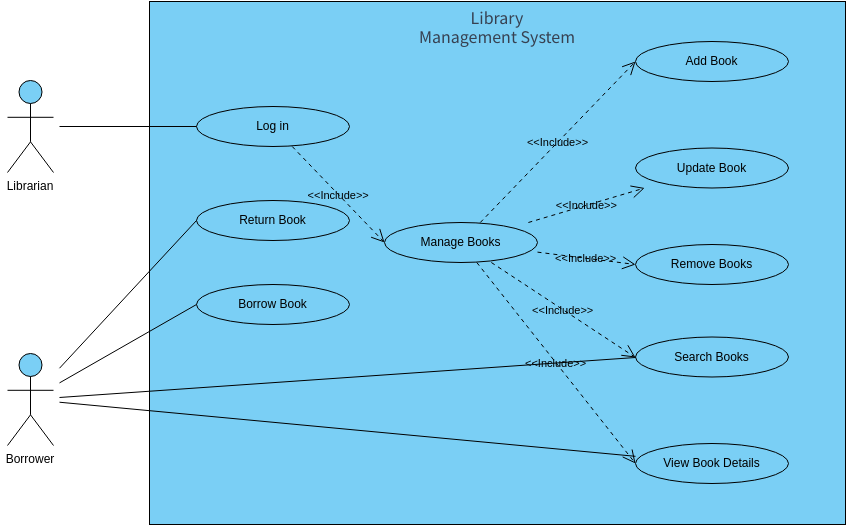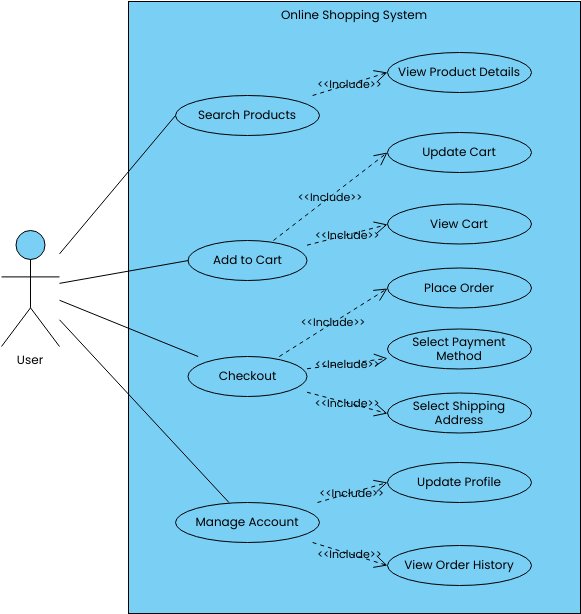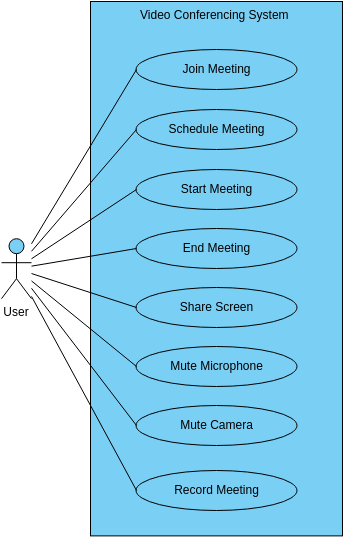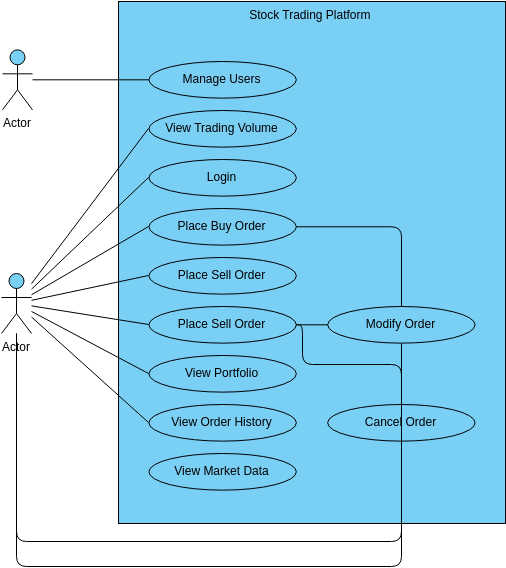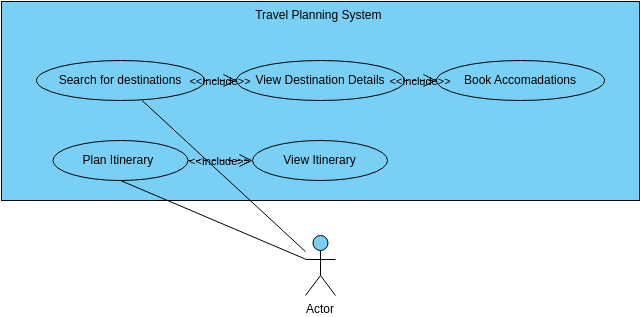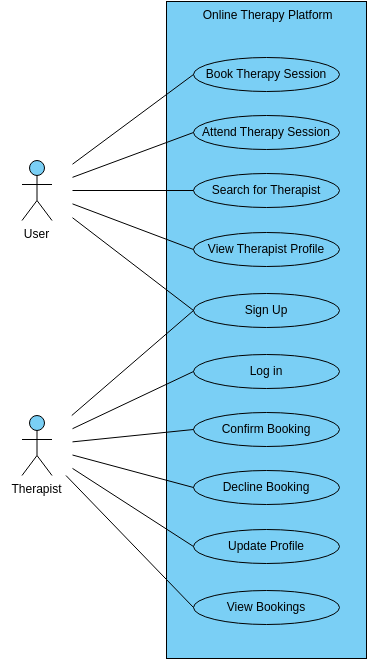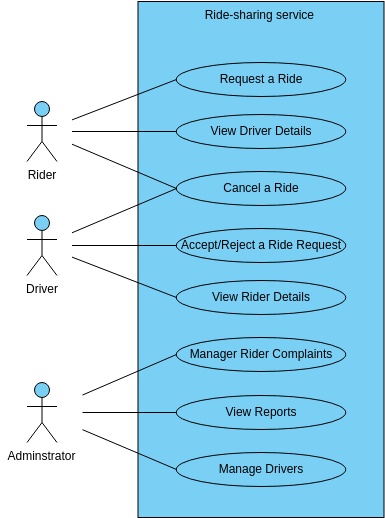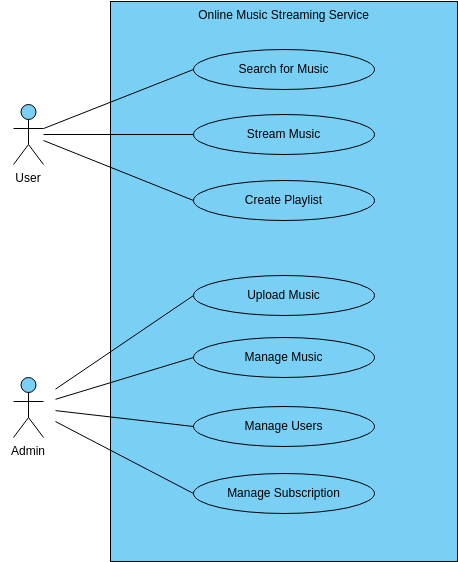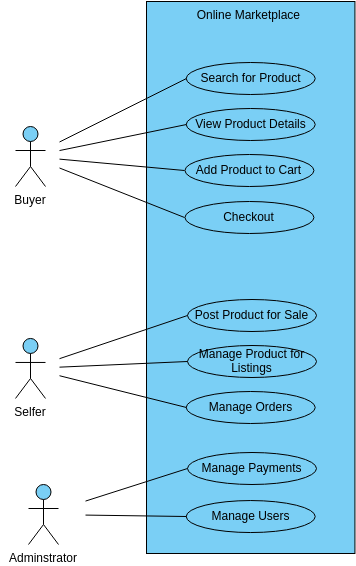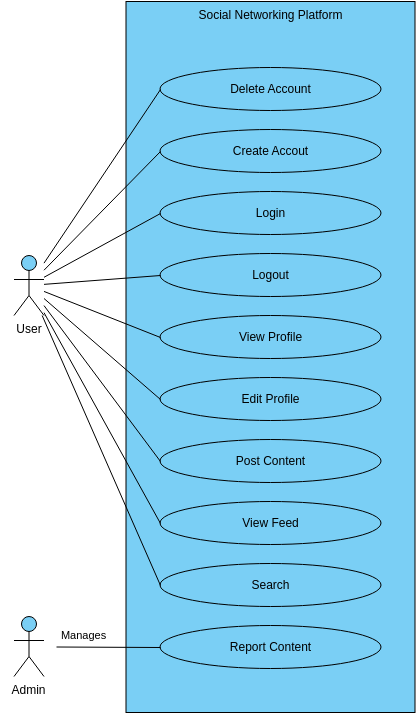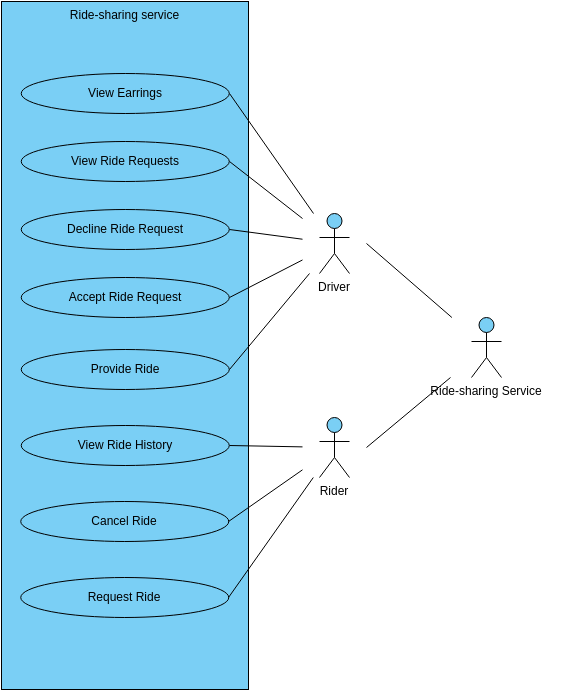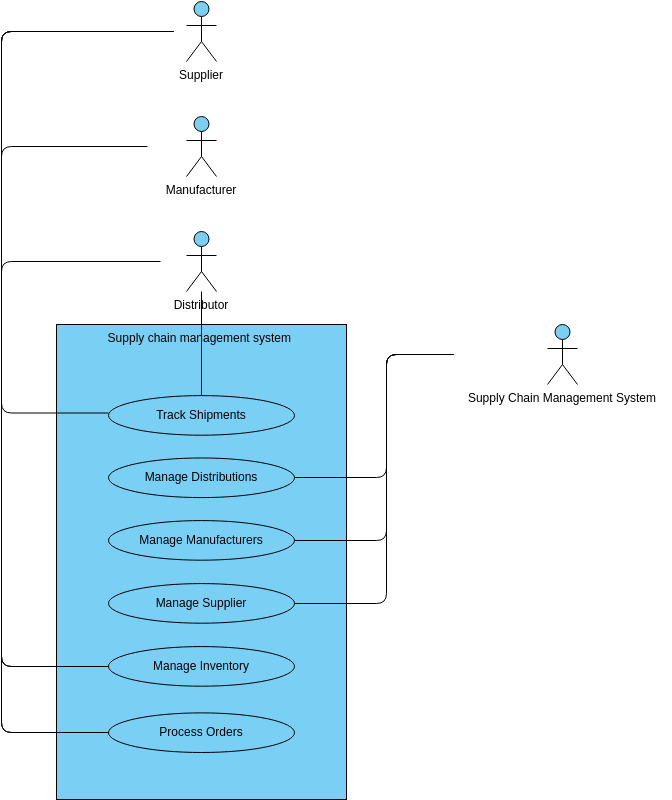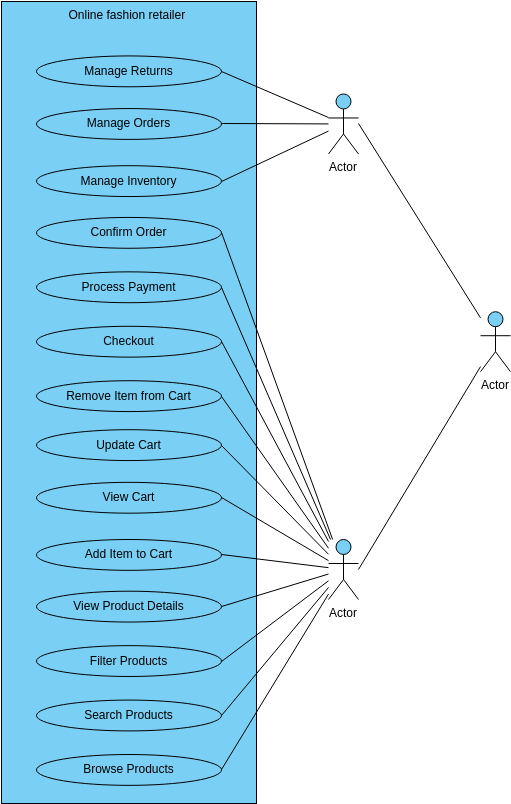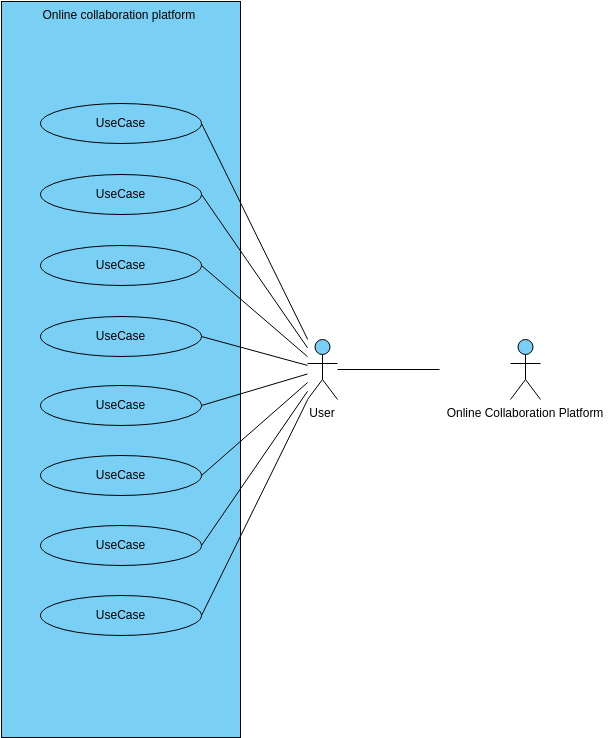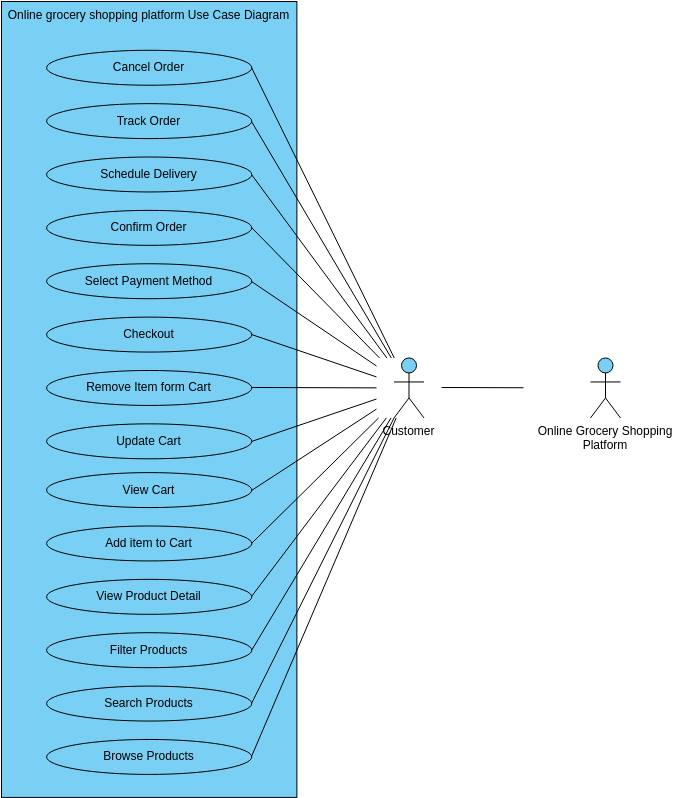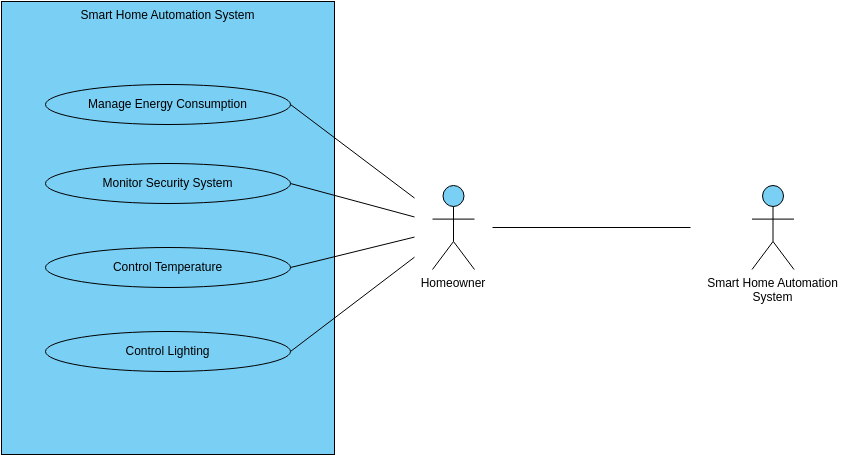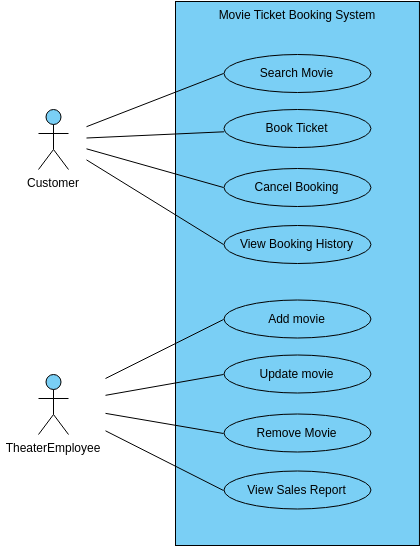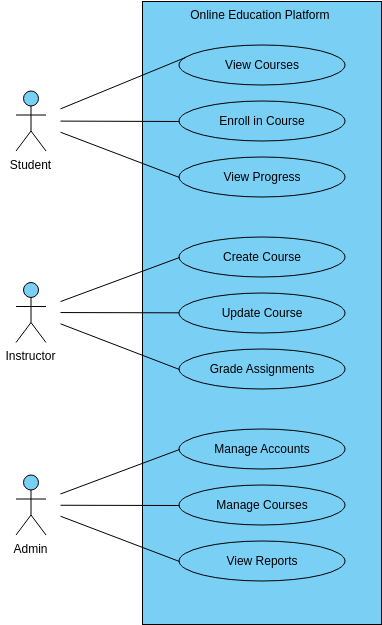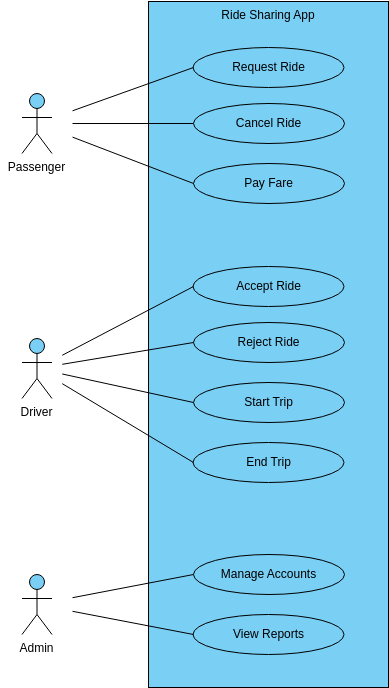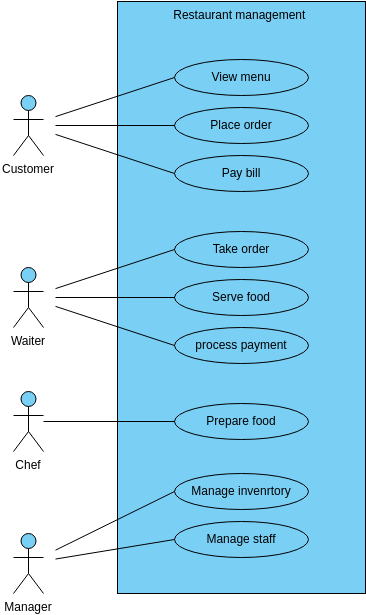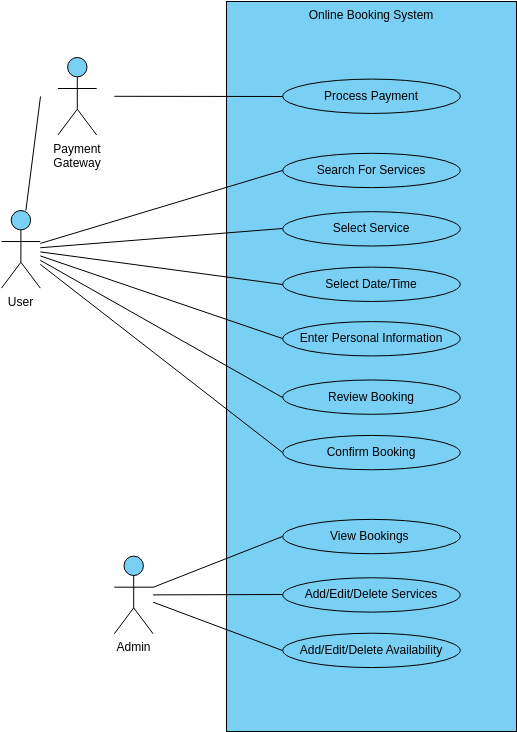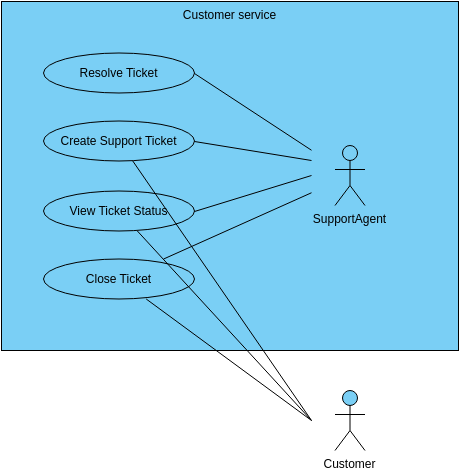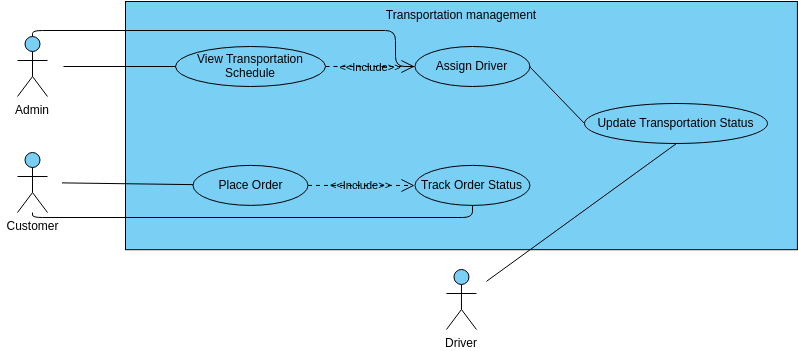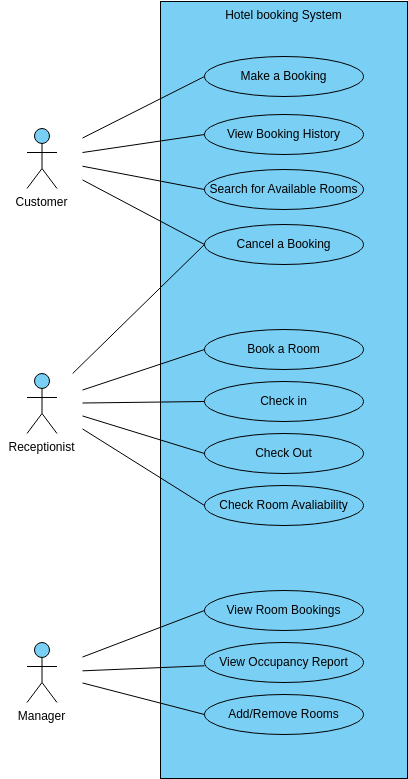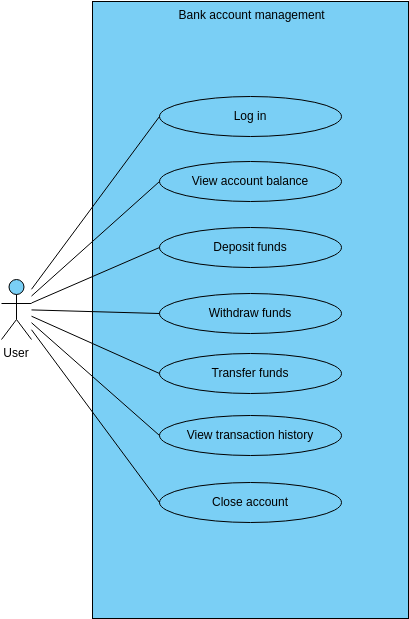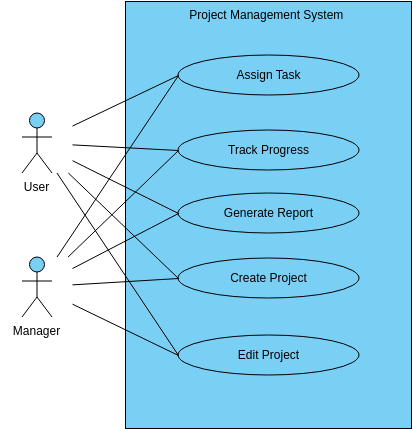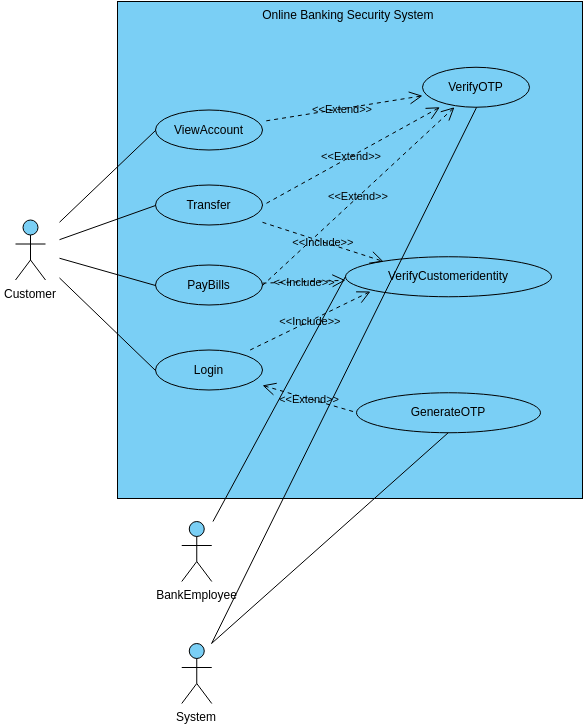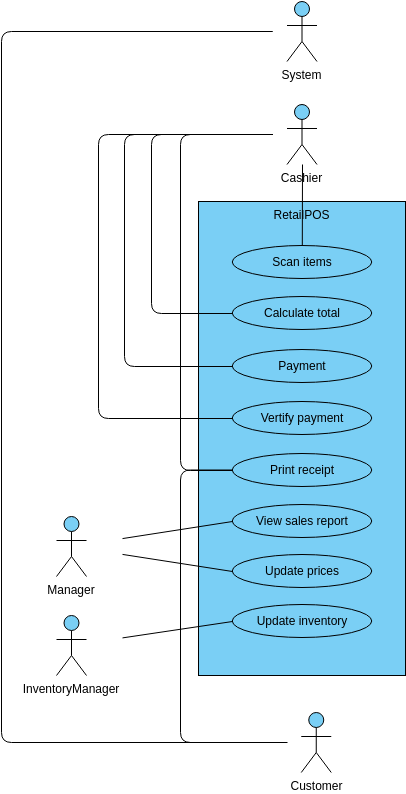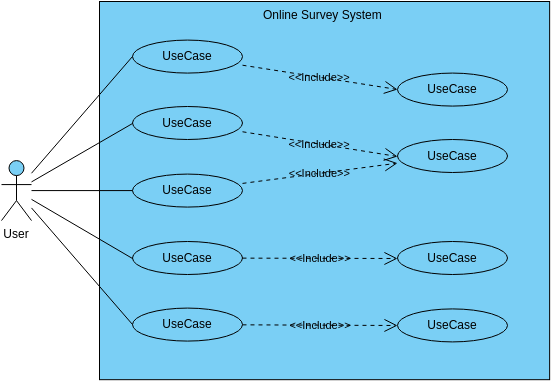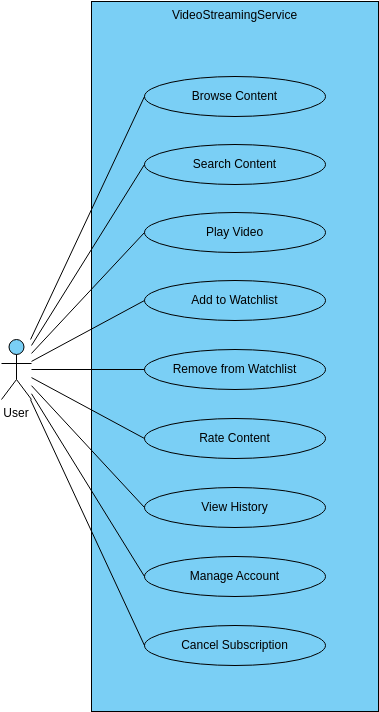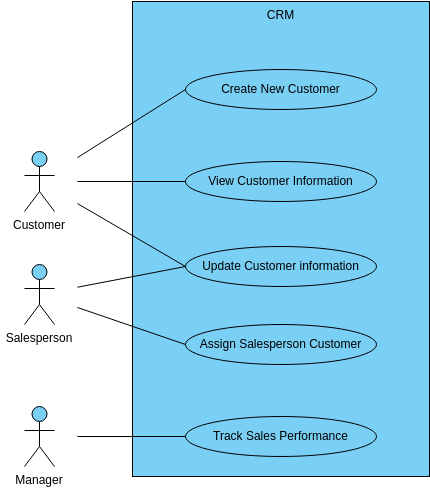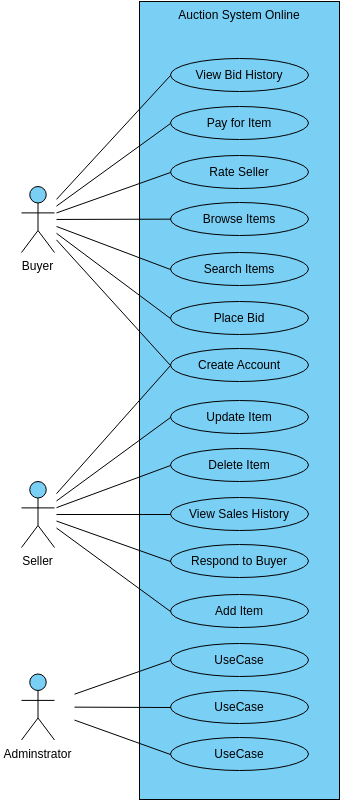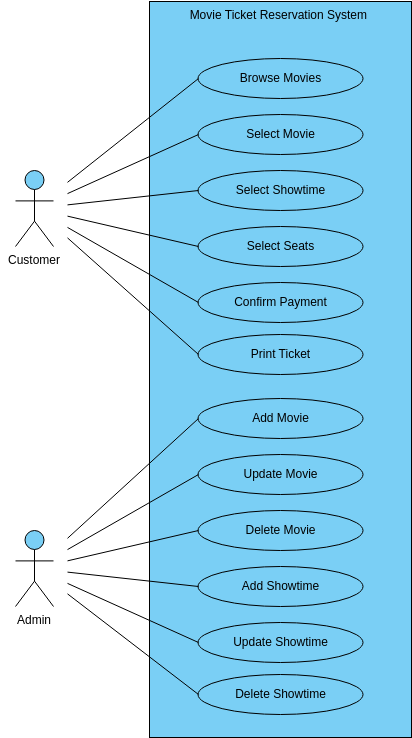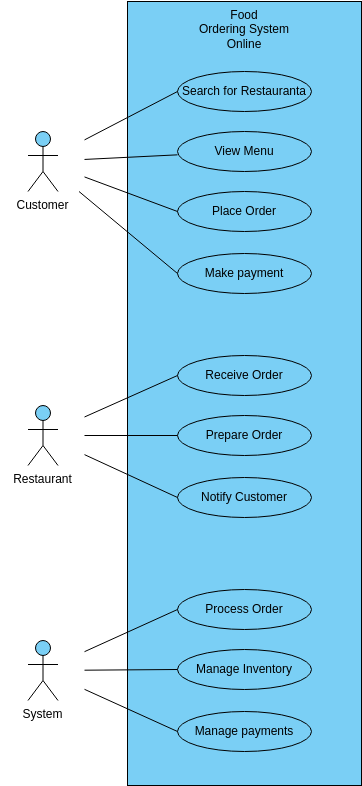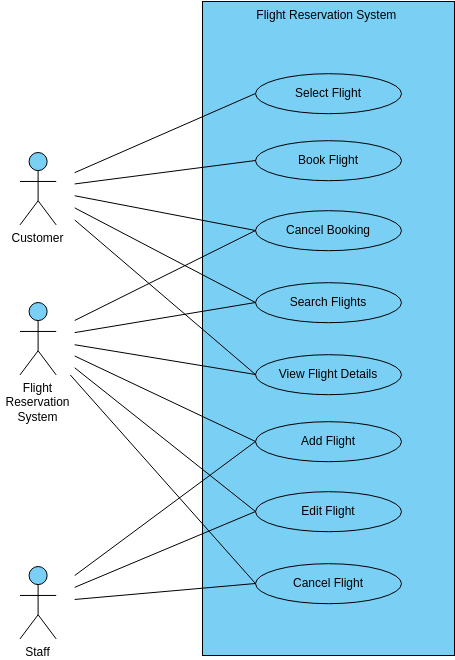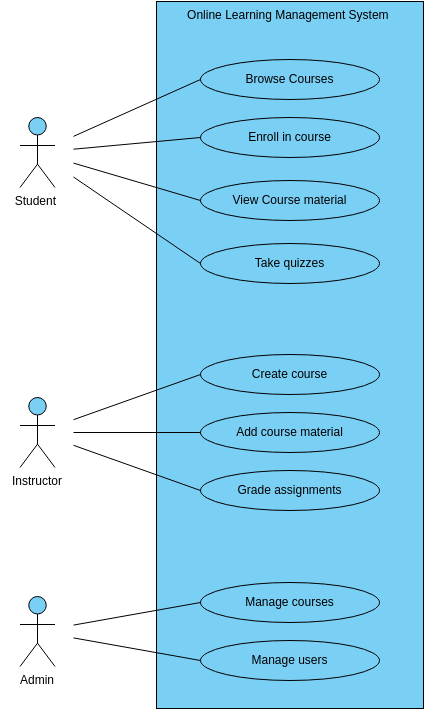A virtual event platform is an online software solution that enables organizations to host events virtually. The use case diagram for a virtual event platform outlines seven use cases, which include managing speakers and attendees, scheduling sessions, providing networking opportunities, facilitating Q&A, streaming sessions, managing attendees, and creating the event.
Providing networking opportunities is essential for creating a sense of community and engagement among attendees. Facilitating Q&A is important for enabling attendees to ask questions and receive answers from speakers and other attendees. Streaming sessions allows attendees to participate in the event regardless of their location, which is essential for ensuring that the event is accessible and engaging.
Managing speakers is an essential use case that involves managing contracts, scheduling sessions, and ensuring that speakers meet quality standards. Scheduling sessions involves managing the logistics of the event, including scheduling sessions and managing the flow of attendees. Managing attendees involves managing registrations, ensuring that attendees receive the necessary information, and ensuring that attendees have a positive experience. Creating the event involves managing the logistics of the event, including scheduling sessions, managing speakers and attendees, and ensuring that the event runs smoothly.
Pros of creating this flowchart
Creating a use case diagram for a virtual event platform can provide several benefits for event organizers. The use case diagram outlines the different actions that can be taken by users of the platform, providing a clear and concise representation of the platform's functionalities. This can help event organizers to understand the platform's capabilities, reduce the risk of errors or inefficiencies, and improve communication among team members.
Another benefit of creating a use case diagram for a virtual event platform is that it can help to improve the attendee's experience. By providing networking opportunities, facilitating Q&A, streaming sessions, and managing attendees, the platform can help to create a sense of community and engagement among attendees. This can help to improve attendee satisfaction, increase the likelihood of repeat business, and generate positive word-of-mouth referrals.
Overall, creating a use case diagram for a virtual event platform is an essential tool for managing the event effectively and efficiently. It provides a standardized process for event organizers to follow, improving communication among team members and reducing the risk of errors or inefficiencies. Additionally, it can help to improve the attendee's experience, ultimately contributing to the success and profitability of the event.
Searching for some flowchart templates? Go to Visual Paradigm Online and select some designs for customization now!
